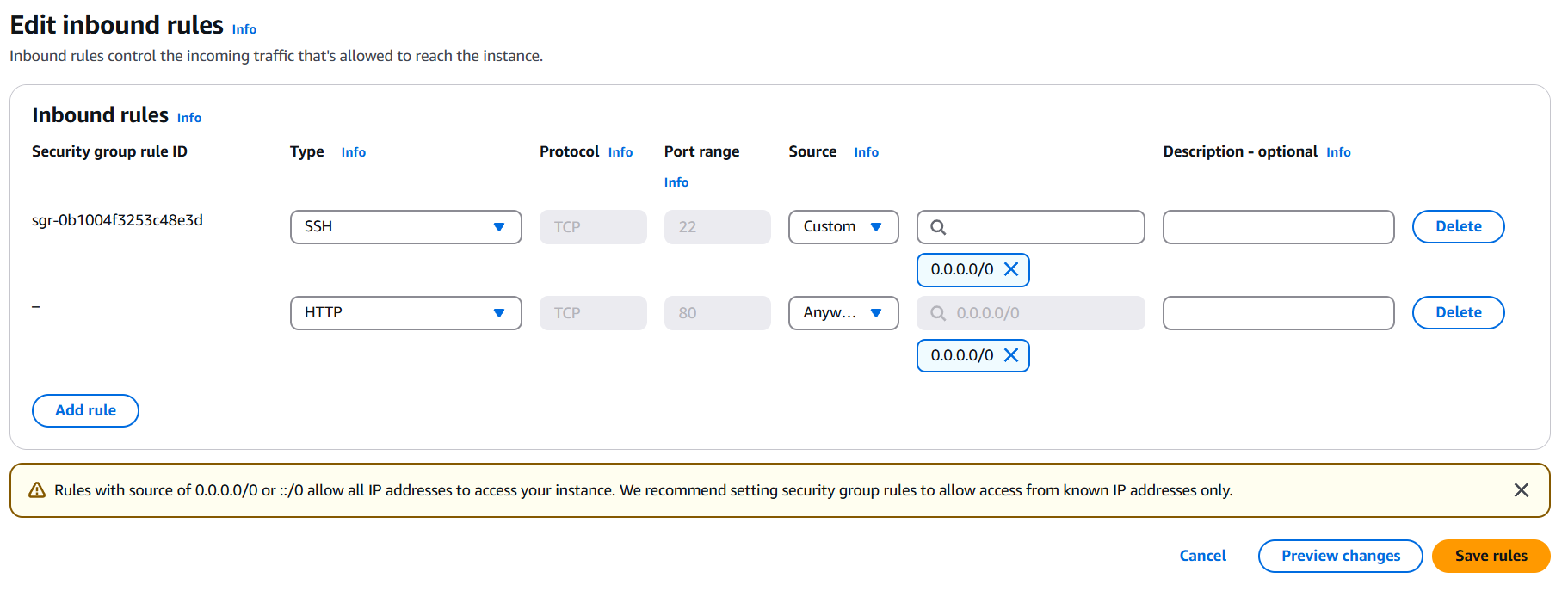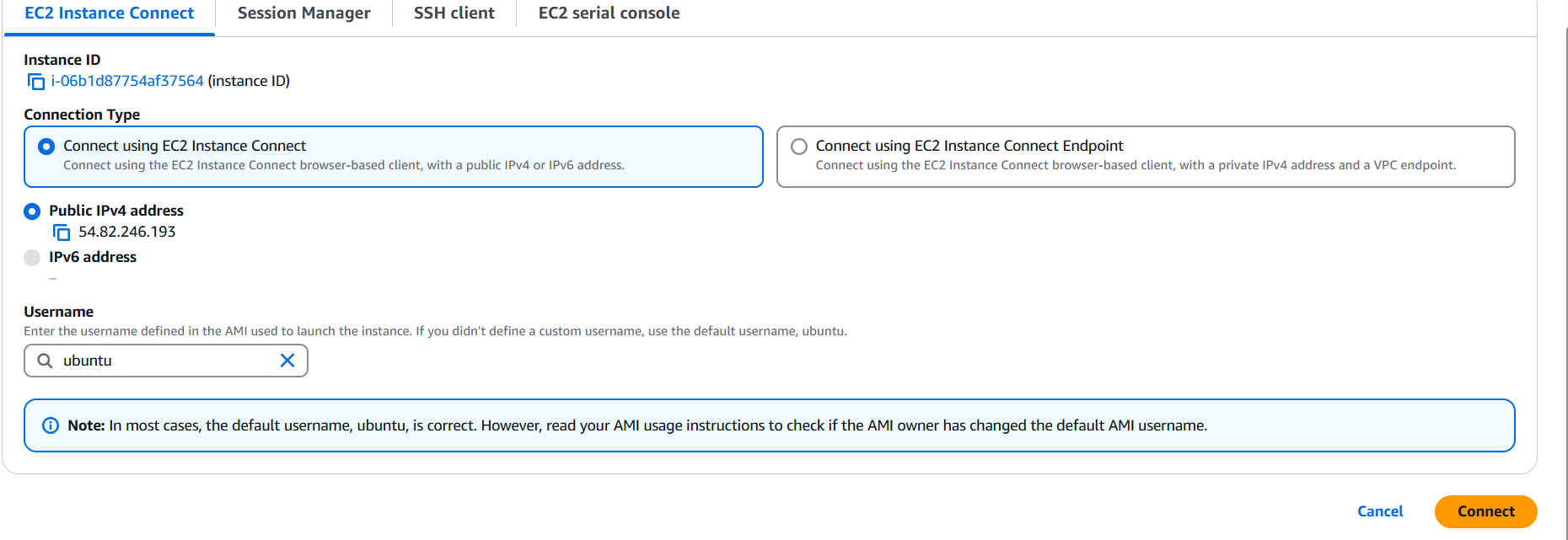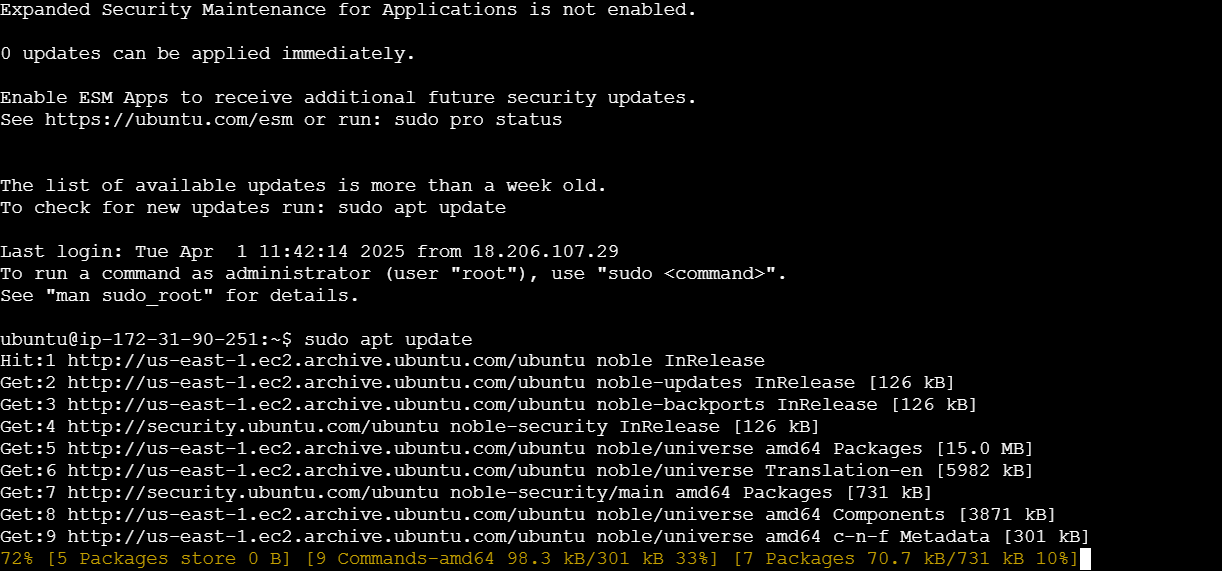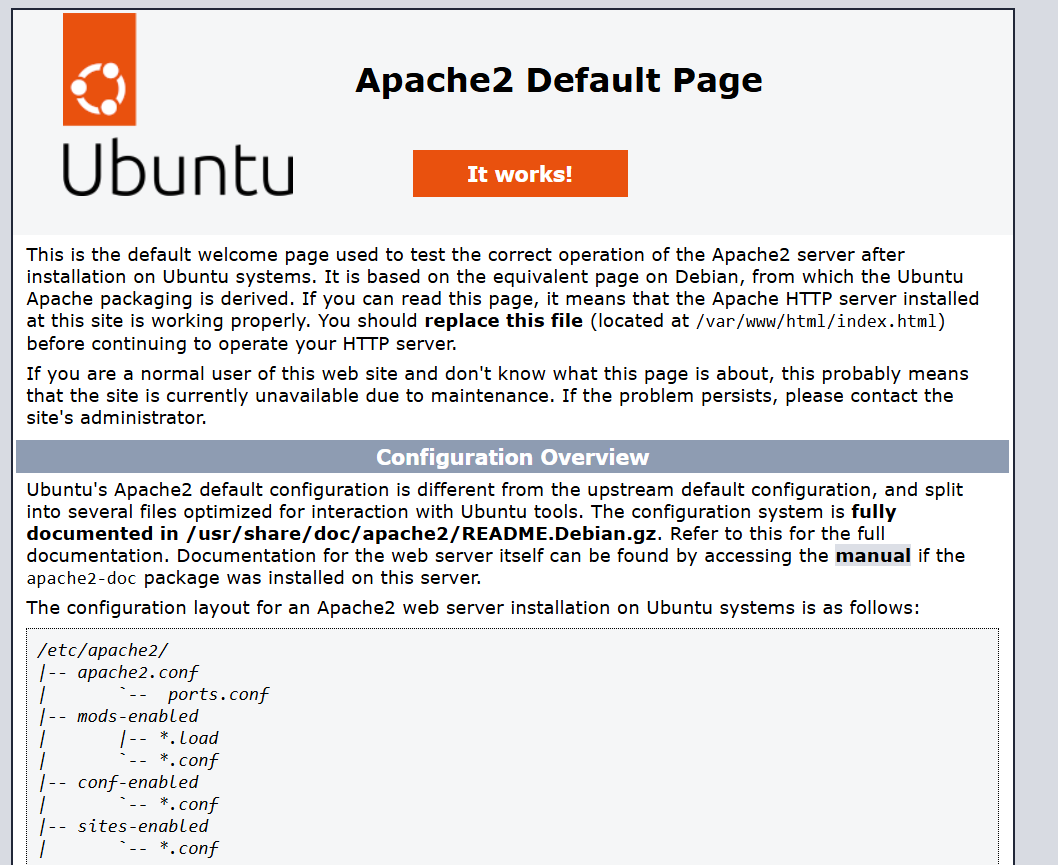Introduction.
In today’s digital world, having a reliable and scalable web server is essential for hosting websites and applications. Apache HTTP Server, commonly known as Apache, is one of the most widely used open-source web server platforms. It is known for its stability, security, and flexibility, making it an excellent choice for hosting web content.
Amazon Web Services (AWS) provides scalable cloud computing services, and EC2 (Elastic Compute Cloud) instances are one of the most popular options for hosting web servers. By deploying Apache on an EC2 instance, you can ensure your website or application is hosted in a secure, flexible, and highly available environment.
In this guide, we’ll walk you through the process of setting up Apache Web Server on an Ubuntu-based EC2 instance. Whether you’re hosting a personal website, a business application, or just experimenting with cloud hosting, this tutorial will help you get your Apache server up and running in no time.
We’ll start with the basics, such as launching an EC2 instance, and move on to the installation and configuration of Apache. Along the way, we’ll explain how to secure your server, enable necessary firewall rules, and test the server to make sure everything is working correctly.

By the end of this tutorial, you’ll be able to confidently deploy your Apache web server on AWS, ready to serve your content to the world. Let’s dive in!
Launch an EC2 Instance (Ubuntu)
If you haven’t already launched an EC2 instance, follow these steps:
- Log in to your AWS Management Console.
- Navigate to EC2 from the Services menu.
- Click Launch Instance.
- Select Ubuntu from the list of available Amazon Machine Images (AMIs) (e.g., Ubuntu 20.04 LTS).
- Choose an instance type (e.g., t2.micro for free tier eligibility).
- Configure instance details, add storage, and add tags as needed.
- Configure the Security Group to allow HTTP (port 80) and SSH (port 22) traffic.
- Review and launch the instance. Make sure you download the private key (.pem) to connect via SSH.


Connect to Your EC2 Instance.

Update the Package Index
Once connected to your EC2 instance, update the package index to ensure that your instance is using the latest software versions:
sudo apt update
Install Apache2 Web Server
Now install Apache using the apt package manager:
sudo apt install apache2
Start Apache2 Service
Once Apache is installed, start the service:
sudo systemctl start apache2Enable Apache to Start on Boot
To ensure Apache starts automatically when the system reboots:
sudo systemctl enable apache2Adjust Firewall (if necessary)
If you’re using ufw (Uncomplicated Firewall) to manage firewall settings on your EC2 instance, you need to allow HTTP traffic:
sudo ufw allow 'Apache'
Check Apache Status
To check the status of the Apache service and confirm that it’s running:
sudo systemctl status apache2
Access the Apache Web Server
You should now be able to access the Apache web server from your browser. Open a browser and enter the public IP address of your EC2 instance:
http://your-ec2-public-ip


Conclusion.
Setting up Apache Web Server on an AWS EC2 Ubuntu instance is a powerful way to host your website or web application in the cloud. By following this guide, you’ve learned how to launch an EC2 instance, install and configure Apache, and ensure that your server is accessible and secure. Whether you’re running a small personal site or a larger business application, Apache’s flexibility and stability make it a great choice for your hosting needs.
With Apache now running on your EC2 instance, you have the foundation for hosting any content you need. You can further configure the server to meet specific needs, such as setting up SSL, configuring virtual hosts, or optimizing for performance. Additionally, with AWS, you can easily scale your resources as your website or application grows.
Remember, while Apache is one of the most reliable web servers, keeping your server secure and up to date is crucial. Regularly check for updates, enable firewalls, and monitor your server’s performance to ensure that everything continues to run smoothly.
Now that your Apache web server is live on AWS EC2, you can start deploying websites, applications, or any other content you wish to serve to users around the world. With the combination of Apache’s power and AWS’s scalability, the possibilities are endless.
Happy hosting!

Add a Comment